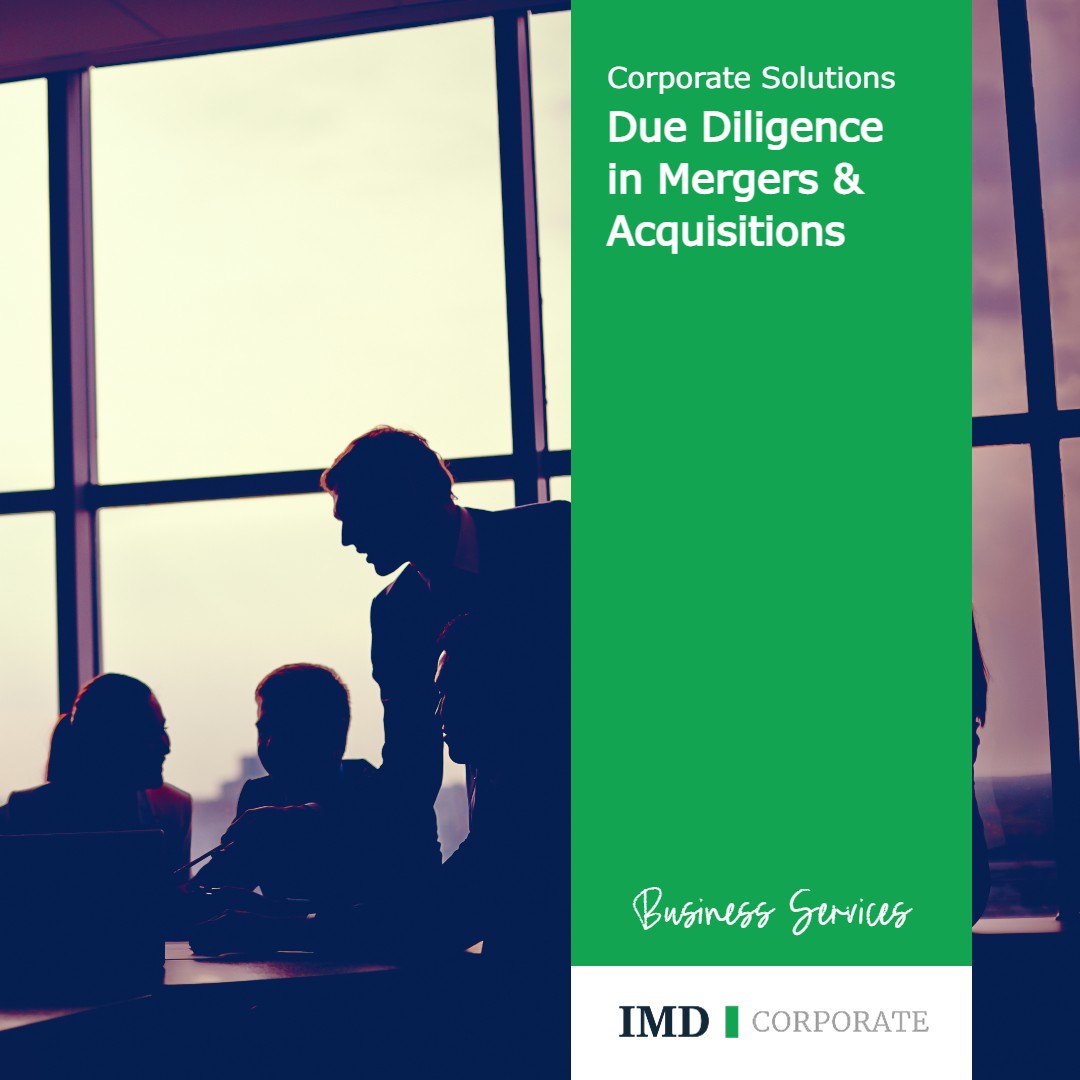
When a merger or acquisition (M&A) is announced, it is not always apparent just how much time and commitment was required from both companies to get the deal over the line. Corporate lawyers say M&A hard work starts with identifying the right company to explore M&A opportunities with. That is followed by due diligence to ensure the merger is the best move for your company so you know what you are acquiring and that the deal is on the right terms.
In this article we look at the basics of due diligence in M&As and how to streamline and manage the process to ensure your company M&A plans proceed as smoothly as possible.
Legal due diligence in M&As is checking your purchase before you commit. It is a crucial part of any purchase; whether you are buying a commercial property, investing in software, or buying a company.
When a business acquires another company, checking the deal is essential for both the seller and the purchaser as due diligence should ensure:
From a buyer or target’s perspective, due diligence can feel like a lot of hassle and paperwork, especially when a company already knows the target company or believe the merger would be a good fit and complement their existing offering. However, corporate solicitors recommend due diligence in any M&A because it is better to:
Due diligence enquiries are led by the purchaser but a holistic team approach can work best in some scenarios. Usually this involves your corporate solicitor taking the lead and working with company in-house staff as well as accountants, financial and tax advisors. This way your lawyers can make sure that all the right questions are asked and answered by the seller’s team and that any warranties are adequate.
It is important that the due diligence exercise is tailored to the specific M&A. If two companies have been in business together for many years, they may know a great deal about the internal procedures of the other company. Instead, due diligence may need to focus on a discovered company pension shortfall, pending litigation or insurance claims that may affect the value of the target company.
Due diligence is an opportunity to reflect and check. Corporate lawyers view effective front loaded due diligence as the precursor to a successful M&A. They recommend :
We understand the importance to your company of getting your M&A right. That’s why our corporate solicitors pay attention to detail and have the breadth of experience to understand the right questions to ask in the due diligence process. For bespoke M&A advice, tailored to your company needs, call us to discuss your requirements on 0330 107 0106.
This article is for general information only and does not constitute legal or professional advice. Please note that the law may have changed since this article was published.